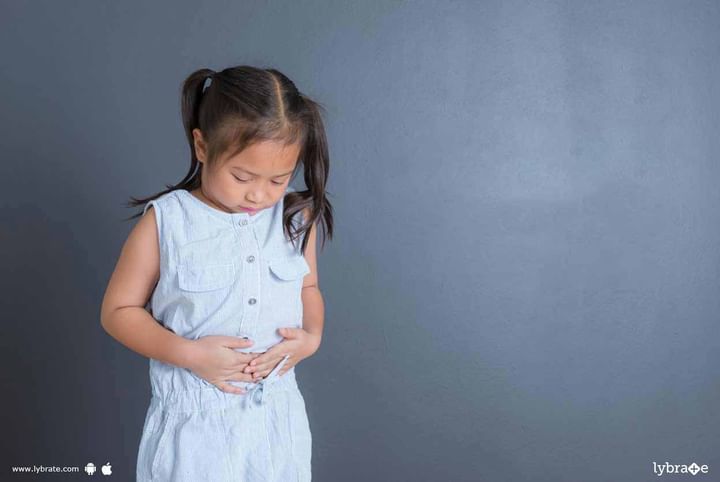What Should You Know About Childhood Kidney Diseases?
Kidneys are an important part of your body!
The Basics
We have two kidneys. The kidneys are located on either side of the spine, just below the rib cage. Each kidney is about the size of your fist. The kidneys are shaped like "kidney beans". Your kidneys are connected to your bladder by tubes called ureters.
What Your Kidneys Do
Your Kidneys:
- Make urinea
- Remove wastes and extra fluid from your blood
- Control your body's chemical balance
- Help control your blood pressure
- Help keep your bones healthy
- Help you make red blood cells
Can Child suffer from kidney diseases? How do we come to know about kidney diseases in your child?
Yes, childhood kidney diseases are common but often missed and diagnosed late. Parents can recognize and consult pediatric nephrologist if their child has any of the following condition -
-
Swelling around the eyes, face, feet, abdomen and whole body
-
Bedwetting (5 years or older) can be since birth or if the problem recurs after the child had stopped bedwetting for some time
-
Frequent urination during daytime and night time
-
Crying during urination (in infants)
-
Painful urination (in older kids)
-
Unpleasant-smelling urine
-
Unexplained low-grade fever or recurrent fever episodes
-
Urine that is cloudy, bloody or dark brown or any color change
-
Persistent abdominal pain and rash
-
Childhood renal stones
-
Frequent severe headaches
-
Oliguria with diarrhea (producing less urine)
-
Polyuria (producing more than 2 litre urine/ day)
-
Poor appetite (in older children)
-
Poor eating habits, vomiting (in newborns & infants)
-
Slow growth or weight gain
-
Weak urinary stream, dribbling of urine stream
-
Weakness, excessive tiredness or loss of energy
-
Pale skin appearance
-
Refractory rickets
-
Abnormal bone health and poor growth.
-
Birth defect in kidney. (hydro-nephrosis, cysts)
Common childhood renal diseases are:
1. Urinary tract infections (UTI) are easy to diagnose in older children and adults but difficult in infants with vague symptoms. Symptoms include frequent, painful, burning urination, fever, and urine may appear cloudy or bloody. If infection reaches kidneys, back pain and high-grade fever may also occur. For UTI, a urine sample is taken to check for bacterial growth.
When urine goes back up from the bladder to the kidney then termed as reflux. It is often diagnosed after a child has a UTI or if a child without symptoms is diagnosed before or after his birth with congenital defect (persisting pelvis and ureteric dilatations).
2. Nephrotic Syndrome: Child present with sudden onset swelling over face, eyes and body and will have significant urinary protein. It can appear with or without upper respiratory tract infection symptoms. Diagnosis needs confirmation with the persistence of low albumin and high cholesterol levels in the blood investigations and documentation of high urinary protein. Although commonest affected age group is 3-4 year we also often see kids beyond this age group.
Kidney biopsy may be required here, depending on response to treatment.
3. Glomerulonephritis : Dark color urine (red color/ cola color) & swelling of the face, with or without accompanied rash, persisting fever need urgent admission, evaluation, and treatment. Most of time Kidney biopsy is needed here to know the underlying disease.
4. Acute kidney disease (AKI) lasts for a short time and be serious with long-lasting consequences or may go away completely once the underlying cause has been treated. Acute kidney disease may require dialysis therapy for a short duration. Parents should worry if recovery noticed.
5. Chronic kidney disease (CKD) does not go away with treatment and tends to get worse over time. CKD leads to end-stage kidney failure and requires renal replacement therapy i.e kidney transplant or blood-filtering treatments called dialysis.
Can child undergo dialysis and kidney transplantation?
Yes, not only in children, dialysis can be done in newborn. Two types of Dialysis are available, peritoneal and hemodialysis. Child with adequate weight can also undergo kidney transplantation if donor is matching. So parents should seek treatment of their child kidney disease.
Where should you consult?
All newborn and children having any kidney diseases need consultation with Pediatric Nephrologist.



+1.svg)
